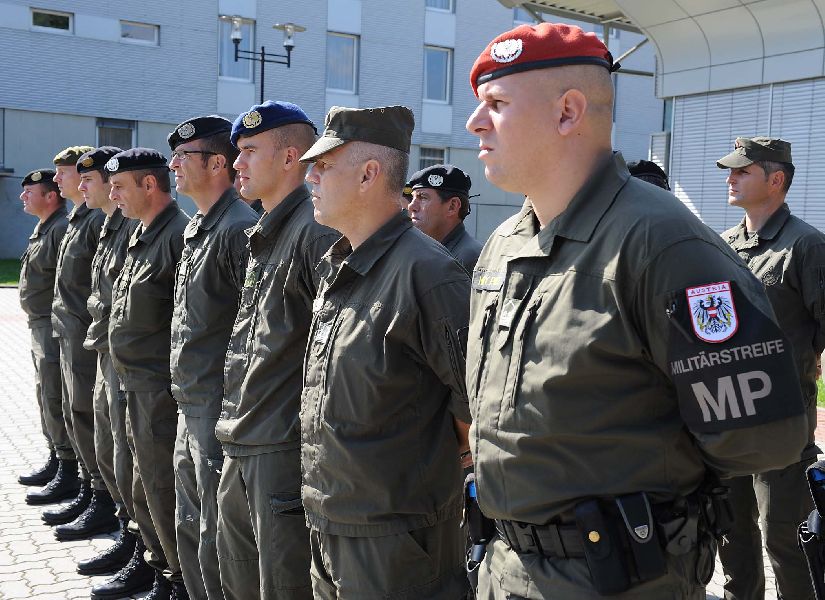The military Erasmus initiative approved by a majority of countries
(BRUSSELS2) "The initiative for European cooperation in the field of military training", inspired by Erasmus, was brought to the baptismal font by the 27 Defense Ministers, during their meeting on 10 November, as announced. The aim is for military training institutions to be able to make full use of the tools of the Bologna process for initial officer training (*), to increase the mobility of military students and their teachers in the EU and to encourage the teaching of languages.
Absent European dimension
Military training centers have not yet really integrated the mobility of their students and the European dimension into their training. The result of a culture specific to the military institution, as explained by General De Rousiers, during a conference organized by Europolitics, CEIS and SecurityDefenceAgenda, on November 4th. “While completing an Erasmus course appears to be a bonus for a career at the civil level; training in another country at the military level is too often seen as simply interesting but not a plus”. This is also the result of dissuasive constraints: “Training acquired abroad can only be added to that already done at national level and not replace it. (Furthermore) Few Member States recognize training. And only half consider that this training is in addition to others. » Admittedly, several initiatives exist such as the Franco-Belgian pilot school or certain exchanges. But they are still limited. France thus sent 122 personnel abroad and received less than twenty. This
which is quite low.
Several “concrete” measures
The Ministers identified several "concrete" measures to be implemented.
• The creation of national indicative lists of skills, allowing comparison of training programmes.
• The creation of an IT platform containing training programs and enabling national institutions to offer and request places for officer exchanges.
• Identifying solutions to administrative, legal and other barriers to trade.
• The development of common training modules in the field of international issues and in other fields relating to international security (an “ESDP” module is already available).
• Access to and use of the advanced distance learning system via the Internet – under development at the European College of Security and Defense (CESD).
• A system of equivalences for the military component of initial officer training. This will involve using the European Credit Accumulation Transfer System (ECTS).
• Incentive mechanisms to facilitate exchanges of students and teachers between academies and military schools, for cross-qualifications of officers from Member States.
And now
A working group - made up of representatives of the Member States wishing to take part in the program - will be responsible for translating these measures into action at European level and promoting identical work at national level. It will be able to complete the measures if necessary and will meet within the framework of the Executive Academic Council of the European Defense College (CESD). A report on the implementation of this system is planned for 2009. A first seminar for commanders of military academies from EU countries was held at Saint Cyr Coëtquidan, the French army college, in mid-October, to launch the " consultation dynamics, exchange on the officer training systems of each country, share good ideas and practices as General de Lardemelle, commandant of the schools, explained. A new meeting is scheduled for December 16.
(*) initial training begins after recruitment and includes an academic component and a professional component, basic military training, professional training and higher education up to master's level.
(published in Europolitics, November 2008)

